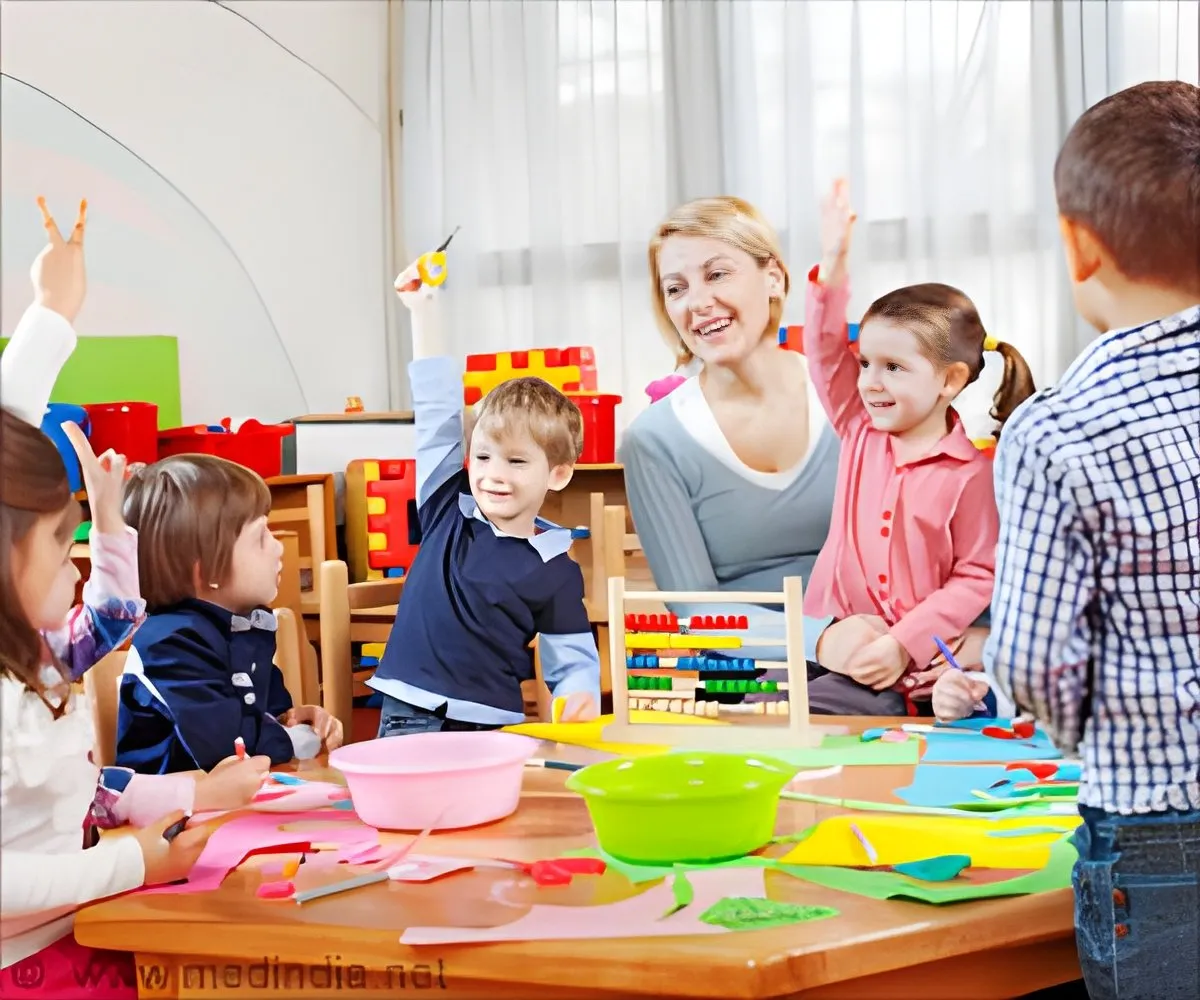Unlocking Child Cognitive Development: The Role of Finger Counting in Early Maths

Finger Counting: A Friend in Child Cognitive Development
Finger counting: friend or foe? Preschool teachers are divided. Some see it as a sign kids are stuck, while others view it as a powerful maths tool. A new study by researchers in Switzerland and France dives in, exploring if a finger counting strategy can actually boost kindergarteners' arithmetic skills.
Adults and Finger Counting: A Unique Insight
Adults rarely use their fingers to calculate a small sum (e.g., 3+2) as such behaviors could be attributed to pathological difficulties in mathematics or cognitive impairments. It is only from the age of eight that using finger counting to solve very simple problems can indicate math difficulties.
Research Methodology and Findings
The current study aimed to determine whether children who do not count on their fingers can be trained to do so and whether this training would result in enhanced arithmetic performance. The study focused on 328 five and six-year-old kindergarteners (mainly White European living in France) and tested their abilities to solve simple addition problems.
- Teachers voluntarily participated through a digital pedagogical and collaborative network.
- The study included a pre-test, a two-week training, a post-test after training, and a delayed post-test.
The results show an important increase in performance between pre- and post-test for the trained children who did not count on their fingers originally (from 37% to 77% of correct responses) compared to non-finger users in the control group (from 40% to 48%). This is the first study to show that children's performance in arithmetic can be improved through explicit teaching of a finger counting strategy.
Implications for Early Math Learning
Researchers suggest that since children who use their fingers to help solve math problems outperform those who do not, teaching a finger counting strategy could help reduce inequity among children in mathematics. However, whether children who use finger counting are using it as an arithmetic procedure or understand something deeper about numbers will still need to be determined with future research.
Disclaimer: The information provided on this site is for informational purposes only and is not intended as medical advice. We are not responsible for any actions taken based on the content of this site. Always consult a qualified healthcare provider for medical advice, diagnosis, and treatment. We source our news from reputable sources and provide links to the original articles. We do not endorse or assume responsibility for the accuracy of the information contained in external sources.
This article was prepared using information from open sources in accordance with the principles of Ethical Policy. The editorial team is not responsible for absolute accuracy, as it relies on data from the sources referenced.